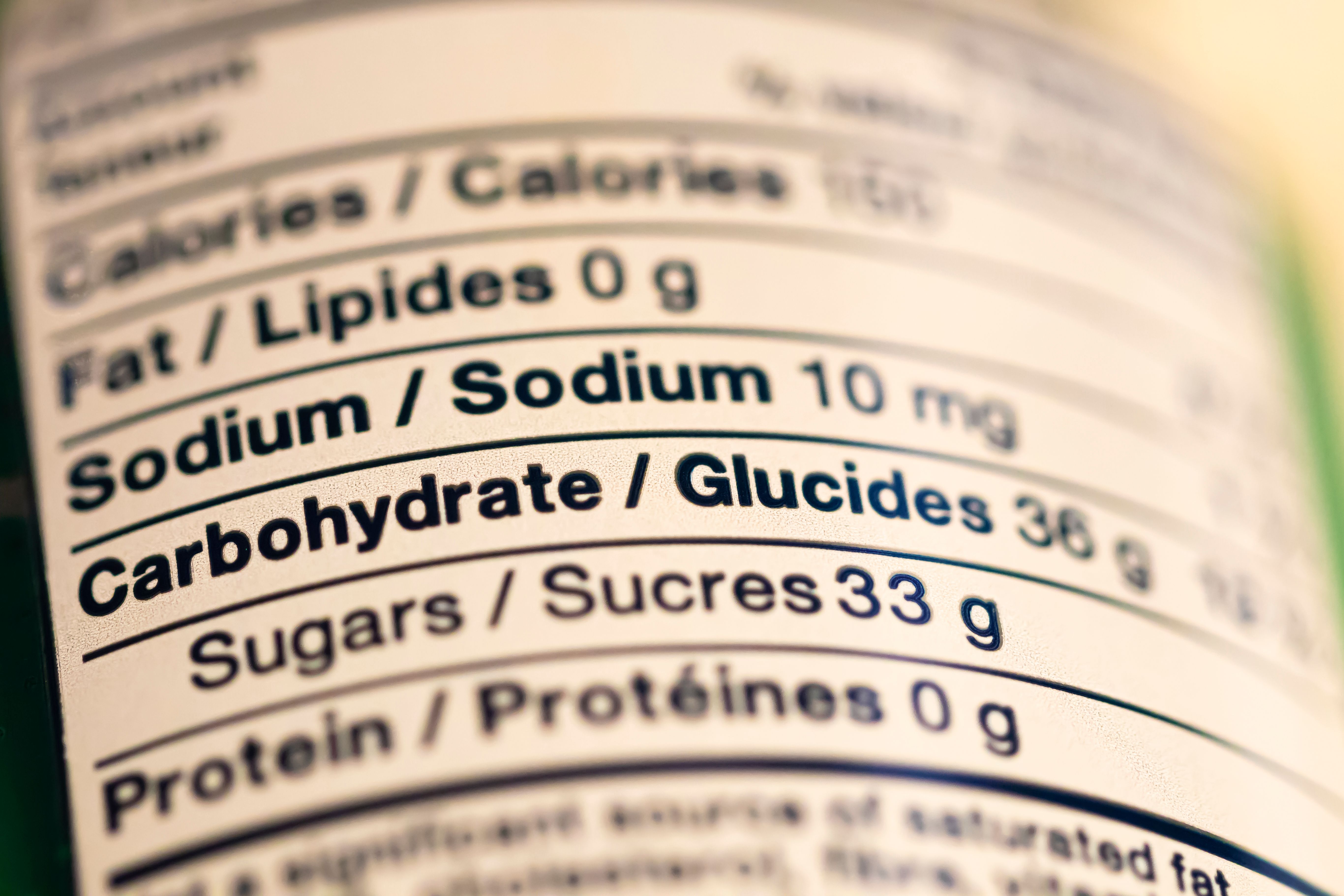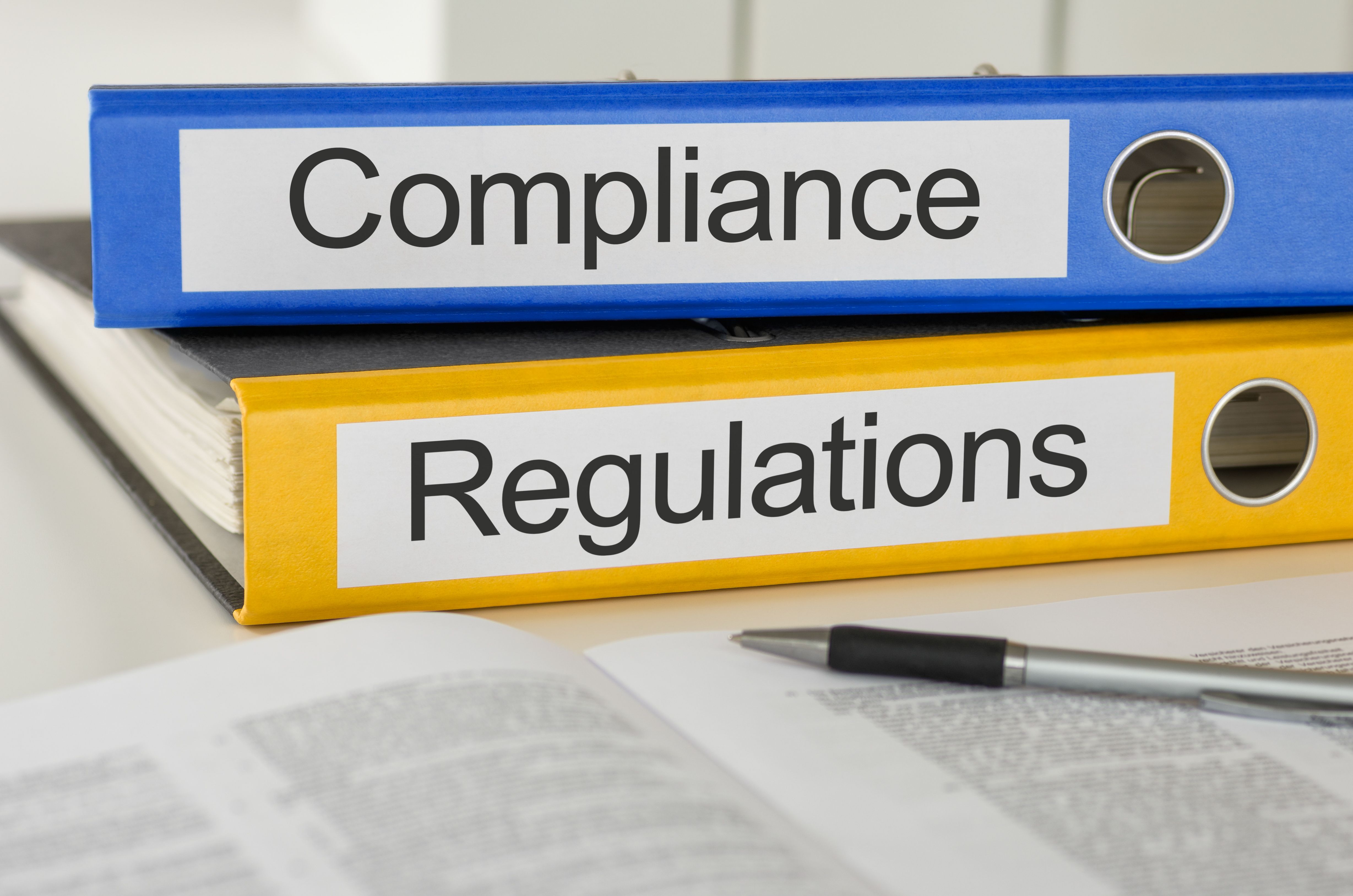The Importance of Adhesive Labels in Food Identification
Understanding the Role of Adhesive Labels in Food Identification
In the bustling world of food production and distribution, adhesive labels play a critical role in ensuring food safety and providing essential information to consumers. These labels are more than just stickers; they are key tools for communication, helping to maintain transparency and trust between manufacturers and consumers.
Adhesive labels serve multiple purposes in food identification. They provide crucial details about the product, such as nutritional information, ingredients, expiration dates, and storage instructions. This information is vital for consumers making informed purchasing decisions and for those with dietary restrictions or allergies.

Enhancing Food Safety
Food safety is a paramount concern for both producers and consumers. Adhesive labels contribute significantly to food safety by ensuring that products are traceable throughout the supply chain. In the event of a recall, labels can help quickly identify affected batches, minimizing health risks and financial losses.
Moreover, labels often include barcodes or QR codes that allow retailers and regulators to track products. This traceability is essential for maintaining food quality standards and preventing fraudulent practices in the industry.
Boosting Brand Identity
Apart from functional purposes, adhesive labels are also a powerful branding tool. They offer an opportunity for businesses to showcase their brand identity and stand out on crowded shelves. Well-designed labels can attract customers' attention and convey a sense of quality and reliability.

With eye-catching designs and thoughtful content, labels can effectively communicate a brand's story, values, and unique selling points. This connection with consumers can lead to increased brand loyalty and repeat purchases.
Facilitating Regulatory Compliance
Adhesive labels are essential for compliance with various national and international food safety regulations. Different regions have specific labeling requirements that must be adhered to, including language, font size, and specific information that must be included on the label.
By ensuring that labels are compliant with these regulations, food producers can avoid legal issues and ensure their products can be sold in multiple markets. This compliance not only protects the brand but also reinforces consumer trust in the product's safety and authenticity.

Eco-Friendly Labeling Solutions
As sustainability becomes a growing concern among consumers, many companies are exploring eco-friendly labeling solutions. This includes using biodegradable materials and environmentally friendly inks for printing labels. Such initiatives not only reduce environmental impact but also enhance the brand's image as a responsible entity.
The shift towards sustainable labeling practices reflects a broader commitment to environmental stewardship, which resonates well with today's eco-conscious consumers. By adopting green labeling solutions, brands can align with consumer values and contribute positively to global sustainability efforts.
The Future of Food Labeling
The future of adhesive labels in food identification looks promising, with technological advancements paving the way for smarter labeling solutions. Innovations such as smart labels equipped with sensors to monitor freshness or interactive labels that engage consumers through mobile apps are on the horizon.
These advancements will further enhance the role of adhesive labels in ensuring food safety, improving consumer engagement, and supporting brand strategies in an ever-evolving market landscape.
Commercial Kitchen Marketplace
Your one-stop online destination for equipping professional kitchens. Discover a wide selection of durable, high-quality commercial-grade appliances, from heavy-duty ovens and refrigeration units to efficient food preparation tools and essential kitchenware. Visit our store: http://avice.org
